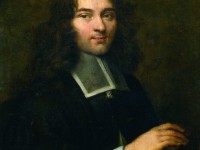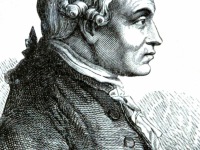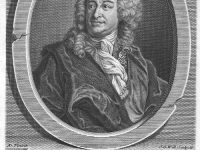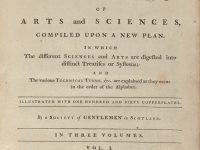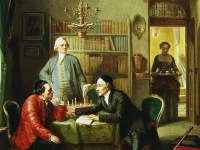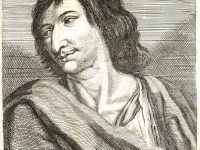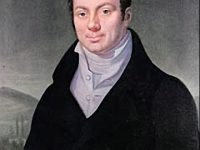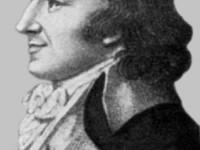Jérôme Lalande – Astronomer in Times of the Enlightenment and the French Revolution
On July 11, 1732, French astronomer, freemason and writer Jérôme Lalande was born. Lalande is best known for having determined the Moon’s parallax from Berlin for the French Academy in 1751. His planetary tables, into which he introduced corrections for mutual perturbations, were the best available up to the end of the 18th century. Jérôme Lalande – Early Years Jérôme Lalande first studied at the Jesuit College in Lyon and later went…
Read more


